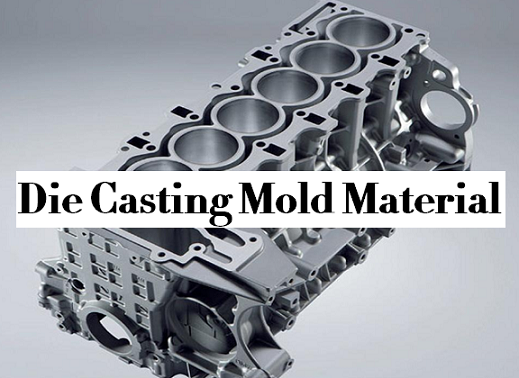Getting The Stahl Specialty Company To Work
Getting The Stahl Specialty Company To Work
Blog Article
See This Report about Stahl Specialty Company
Table of ContentsNot known Factual Statements About Stahl Specialty Company Stahl Specialty Company Things To Know Before You Get ThisThe smart Trick of Stahl Specialty Company That Nobody is Talking AboutSee This Report on Stahl Specialty CompanyThe 10-Second Trick For Stahl Specialty Company
There are many minor differences between wrought and cast light weight aluminum alloys, such as that actors alloys can contain much more substantial quantities of various other metals than functioned alloys. Yet the most notable distinction between these alloys is the manufacture procedure with which they will go to provide the end product. Besides some surface treatments, cast alloys will certainly leave their mold and mildew in nearly the precise solid form wanted, whereas functioned alloys will certainly go through several modifications while in their strong state.If you assume that a wrought alloy might be the most effective for your project, have a look at a few of our short articles that clarify even more about certain wrought alloys, such as Alloy 6061 and Alloy 6063. On the various other hand, if you think an actors alloy would certainly be much better for you, you can discover extra regarding some cast alloys in our Alloy 380 and Alloy 383 posts (coming soon).

Having the experience and industry understanding to engineer your castings for ideal production and high quality results will certainly enhance the task. Making light weight aluminum spreading needs a facility collection of procedures to accomplish the ideal outcomes. When picking a new light weight aluminum foundry to companion with, guarantee they have substantial sector experience and are well-informed about all aspects of the aluminum spreading procedure: layout, manufacturing, material analysis, and product screening.
10 Easy Facts About Stahl Specialty Company Explained
The factory ought to additionally have a tried and tested record of delivering exceptional items that meet or go beyond client assumptions. Quality assurance must also go to the top of your list when picking an aluminum shop. By collaborating with a certified foundry that follows the criteria for high quality control, you can shield the stability of your item and ensure it fulfills your specifications.
By picking a company that offers services that fulfill or exceed your item requirements, you can be sure that your task will be finished with miraculous precision and performance. Certain aluminum shops specialize in certain sorts of manufacturing procedures or casting approaches. Different parts call for various production methods to cast light weight aluminum, such as sand casting or die casting.

Pass away spreading is the name offered to the procedure of developing intricate steel parts via usage of mold and mildews of the part, additionally recognized as passes away. It creates more elements than any type of other process, with a high degree of precision and repeatability. There are 3 sub-processes that drop under the classification of die spreading: gravity die casting (or permanent mold and mildew spreading), low-pressure die spreading and high-pressure die casting.
Despite the sub-process, the die casting procedure can be damaged down right into six steps. After the pureness of the alloy is examined, passes away are produced. To prepare the dies for casting, it is necessary that the passes away are tidy, to ensure that no residue from previous manufacturings continue to be. After cleansing, the ejection lubrication is related to the die to guarantee a smooth release.
The pure metal, also referred to as ingot, is contributed to the furnace and maintained at the molten temperature level of the metal, which is then transferred to the shot chamber and injected right into the die. The stress is then kept as the metal strengthens - aluminum metal casting. When the metal strengthens, the cooling process starts
The thicker the wall of the component, the longer the cooling time due to the amount of interior steel that likewise requires to cool. After check over here the part is completely cooled down, the die halves open and an ejection mechanism presses the component out. Adhering to the ejection, the die is closed for the following shot cycle.
The 3-Minute Rule for Stahl Specialty Company

Today, top manufacturers utilize x-ray testing to see the whole inside of components without cutting right into them. To get to the finished item, there are 3 primary alloys made use of as die spreading material to choose from: zinc, light weight aluminum and magnesium.
Zinc is one of the most used alloys for die casting due to its lower expense of raw materials. Its deterioration resistance likewise permits the parts to be lengthy lasting, and it is one of the much more castable alloys due to its lower melting factor - Foundries in Missouri.
An Unbiased View of Stahl Specialty Company
As discussed, this alloy is just one of one of the most frequently used, yet manufactures will, sometimes, pick light weight aluminum over zinc due to light weight aluminum's production advantages. Light weight aluminum is highly cost-effective and one of the more flexible alloys. Light weight aluminum is used for a variety of various items and industries anything from window frameworks to aerospace materials.
Report this page